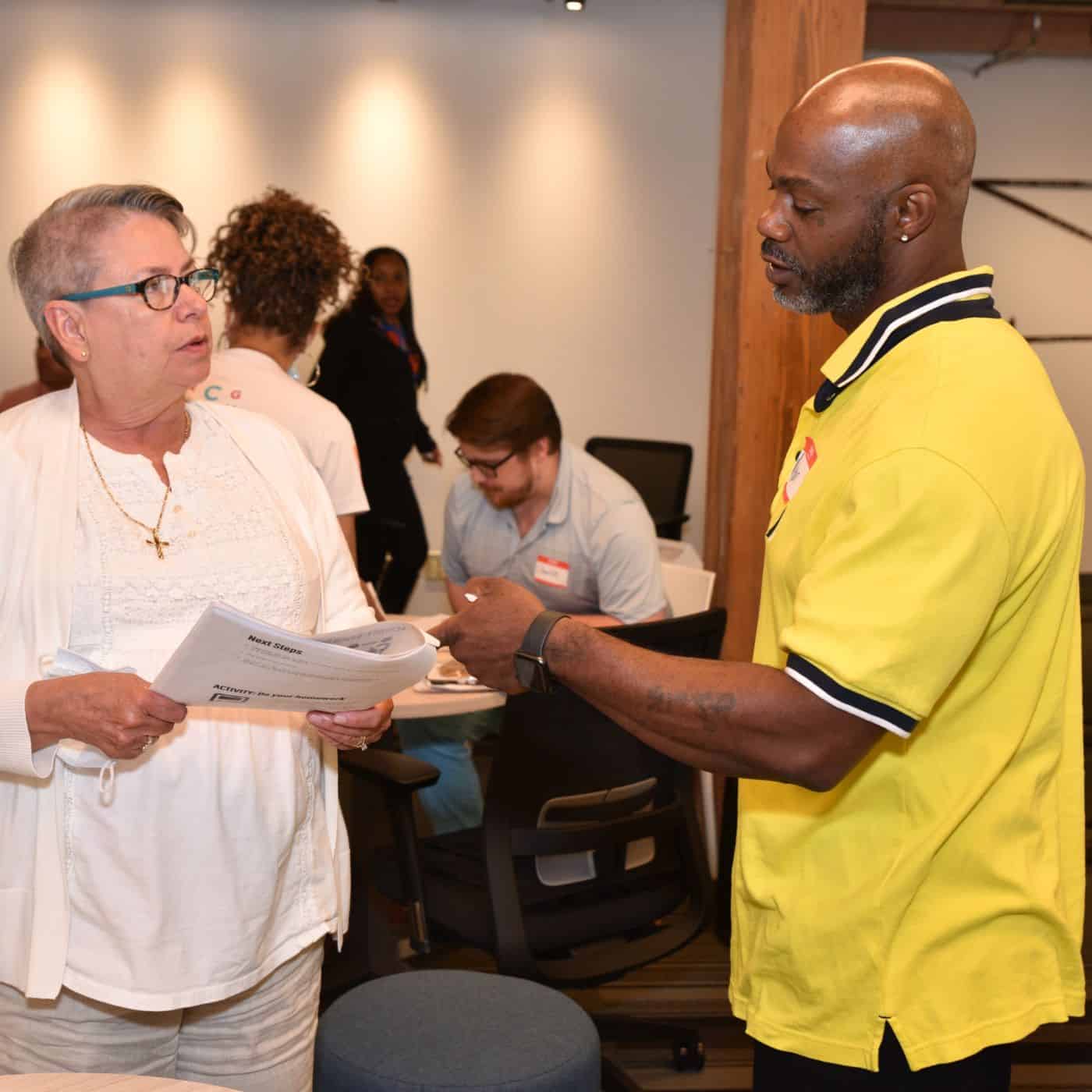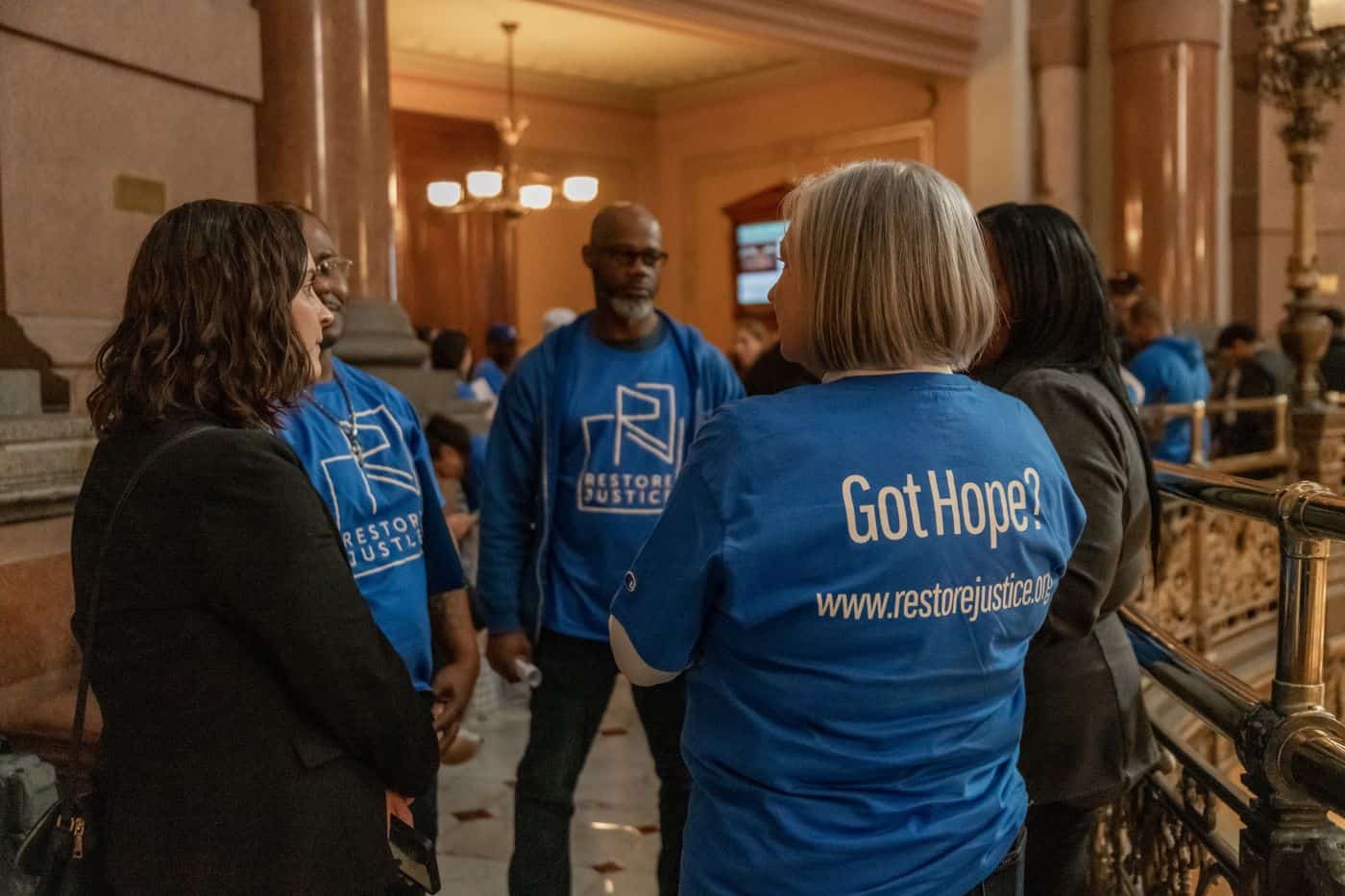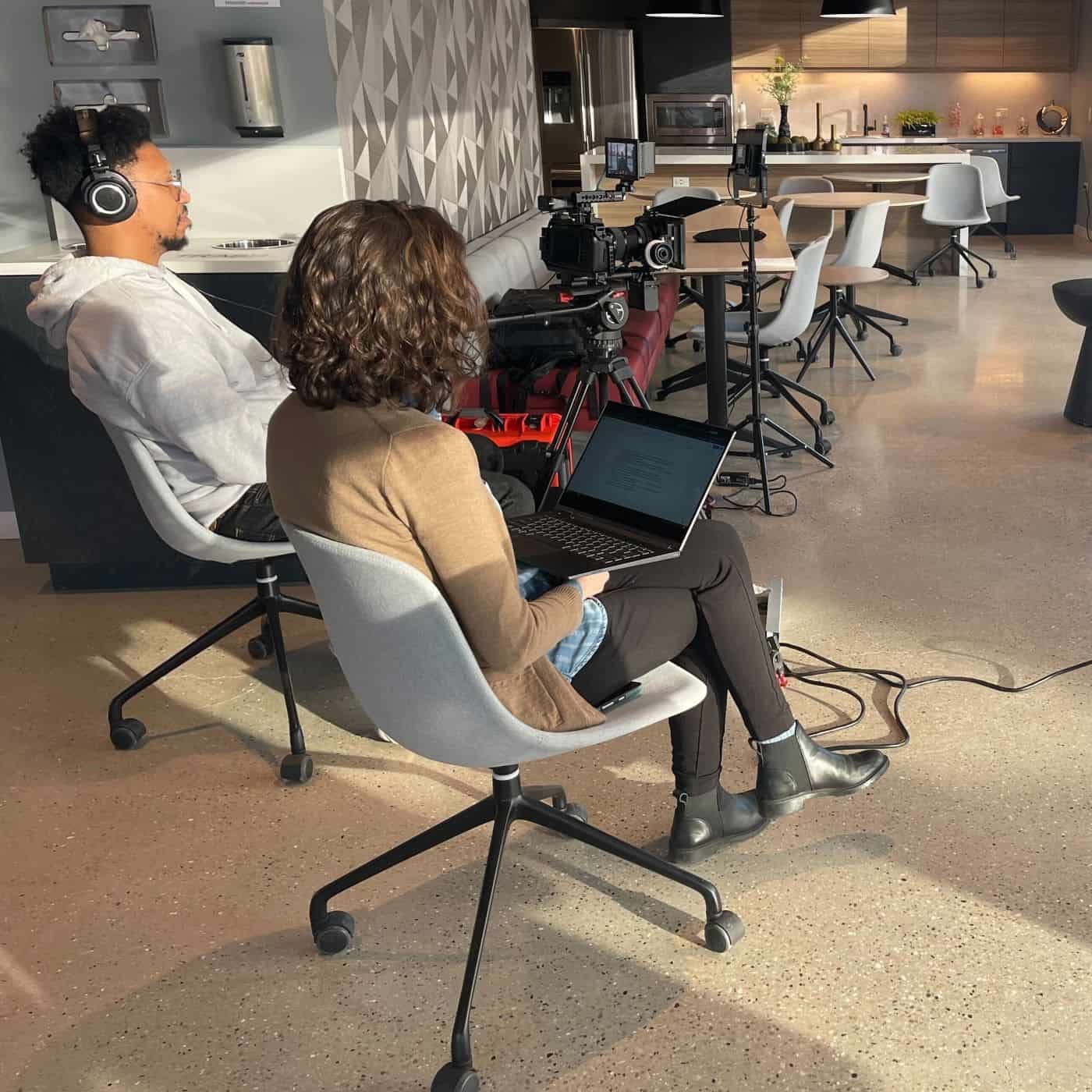Juvenile Life Without Parole (JLWOP)
A child under 18 years old
A sentence of life in prison
No possibility of parole
Why is it important to abolish JLWOP for everyone, everywhere?
People deserve the chance to show that they have changed and developed.
Brain Science
Science has shown that the brain continues to mature until the mid-20s. As a result, young people cannot be held to the same standards of responsibility as adults.
Read more about juvenile justice and the adolescent brainInternational Law
JLWOP sentences violate Article 37 of the Convention on the Rights of the Child, which states that, “No child shall be subjected to torture or other cruel, inhuman or degrading treatment or punishment.”
Learn more about the ConventionPositive Impact
People who once served JLWOP sentences are now making a difference in their communities as engaged citizens, volunteers, anti-violence activists, and advocates. Several members of the Restore Justice staff are former so-called “juvenile lifers.”
Hear their storiesOur work and JLWOP
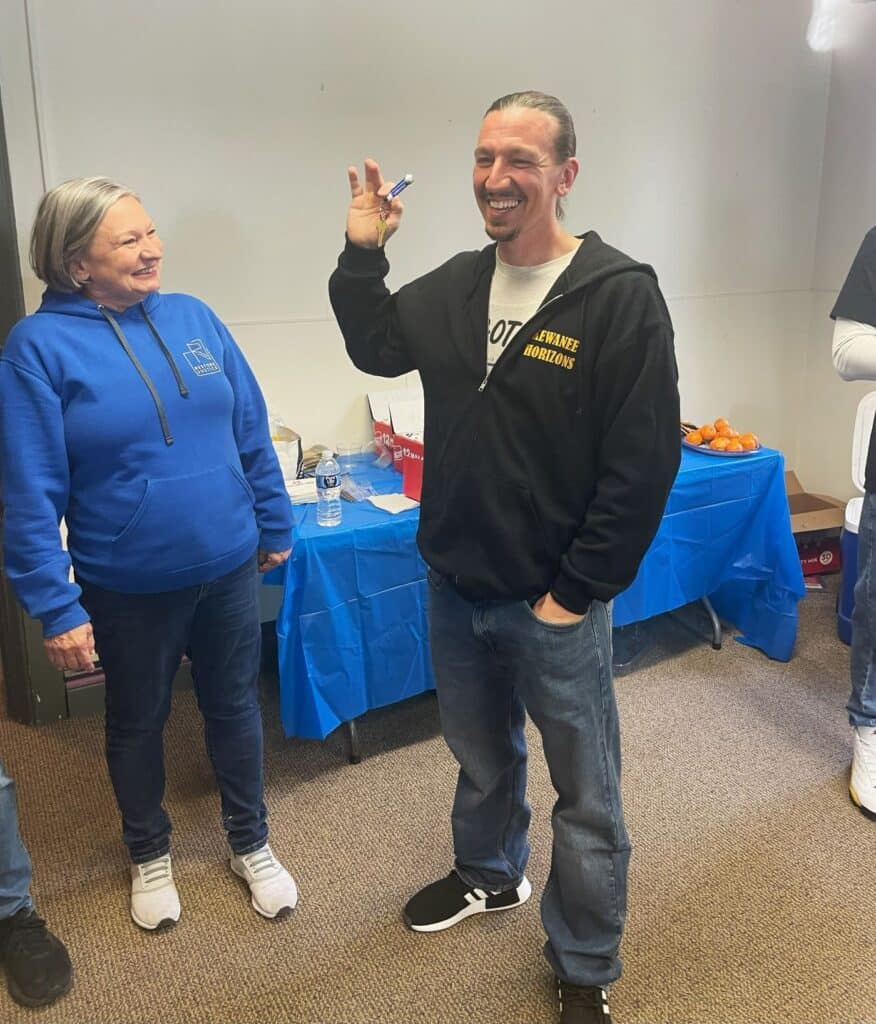
OUR EFFORTS HAVE LED TO IMPORTANT CRIMINAL LEGAL SYSTEM REFORMS
Public Act 100-1182 creates new parole opportunities for those 20 and younger coming into the system today with extreme sentences ahead of them. Thanks to this new law, no children 17 or younger can receive a life without parole sentence. The passage of this law made Illinois the 26th state in the U.S. to abolish juvenile life without parole and also ensures that most people 18-20 sentenced in the state going forward are parole-eligible.
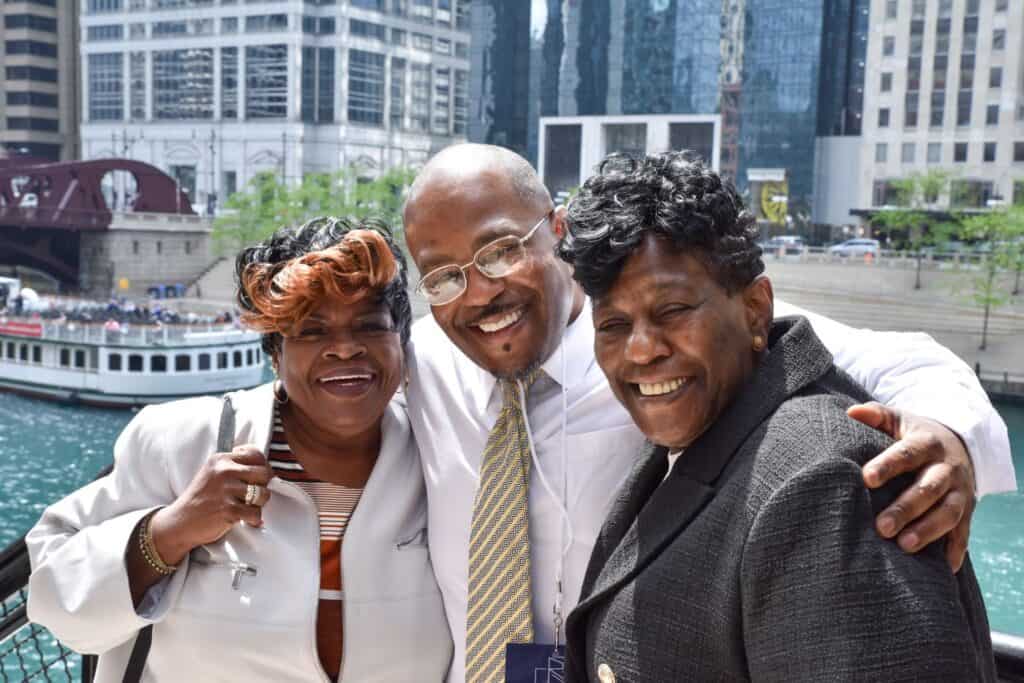
WE ADVOCATE FOR FAIRNESS, HUMANITY, AND COMPASSION THROUGHOUT THE ILLINOIS CRIMINAL JUSTICE SYSTEM
A primary focus of our legislative work is retroactivity, which means making the current law in Public Act 100-1182 applicable to children sentenced to juvenile life without parole between 1978 and 2019. Retroactivity is important because it ensures that youthful parole opportunities are applied fairly and evenly and because these types of compassionate policies significantly reduce prison population.

WE ALSO WORK TO EXPAND THE ABOLITION OF LIFE WITHOUT PAROLE SENTENCES TO YOUNG ADULTS
The science is clear that neurological and emotional development affects how young people in their teens and 20s think and act, so it is important to expand the abolition of life without parole sentences to include young adults. This expansion will bring Illinois in line with most states that have already abolished life without parole sentences for young people.
learn more
criminal legal system stories
Restore Justice is committed to sharing the stories of those impacted by the unjust laws in Illinois that we work to dismantle.
Read these storiesThe issues around sentencing in illinois
In Illinois, there are a number of sentencing laws that together create a system that regularly results in extremely long prison terms.
read more about sentencing reformInterested in our work?
Help us to change Illinois’ cruel sentencing laws and prison conditions and to create new pathways for release for people already incarcerated.
Get Involved

